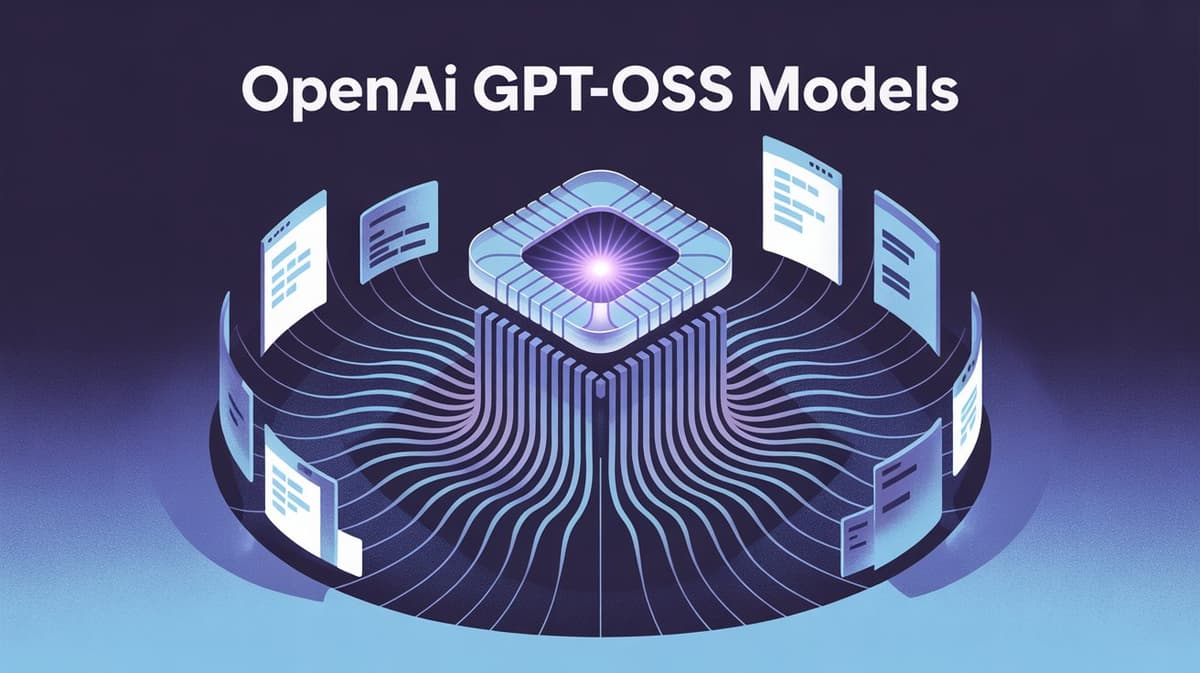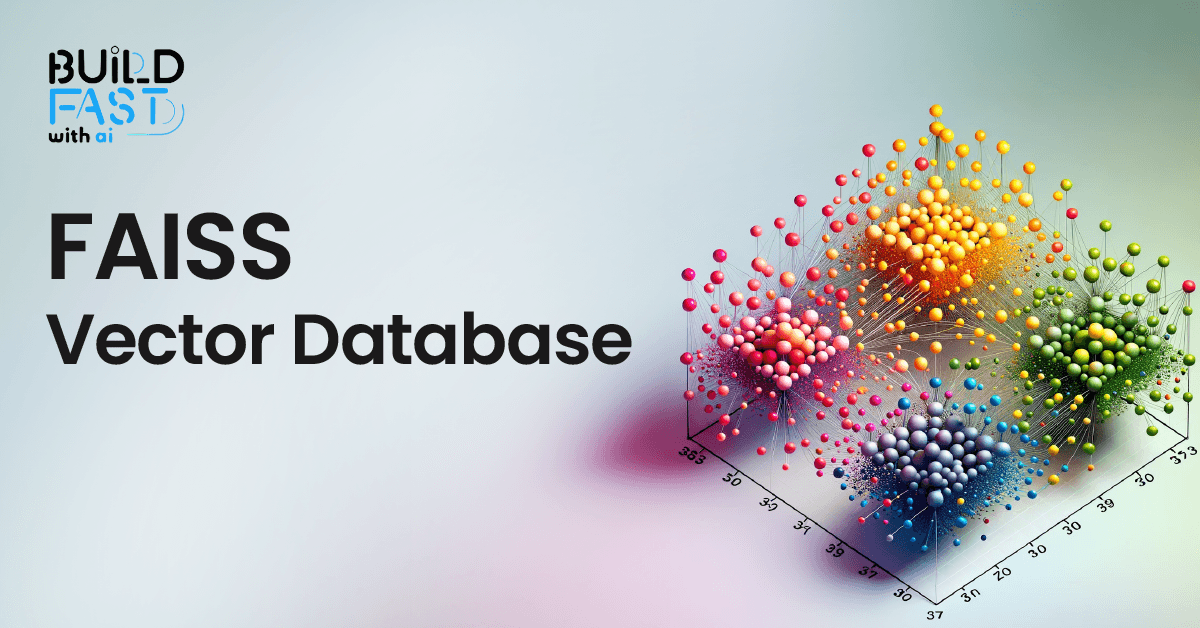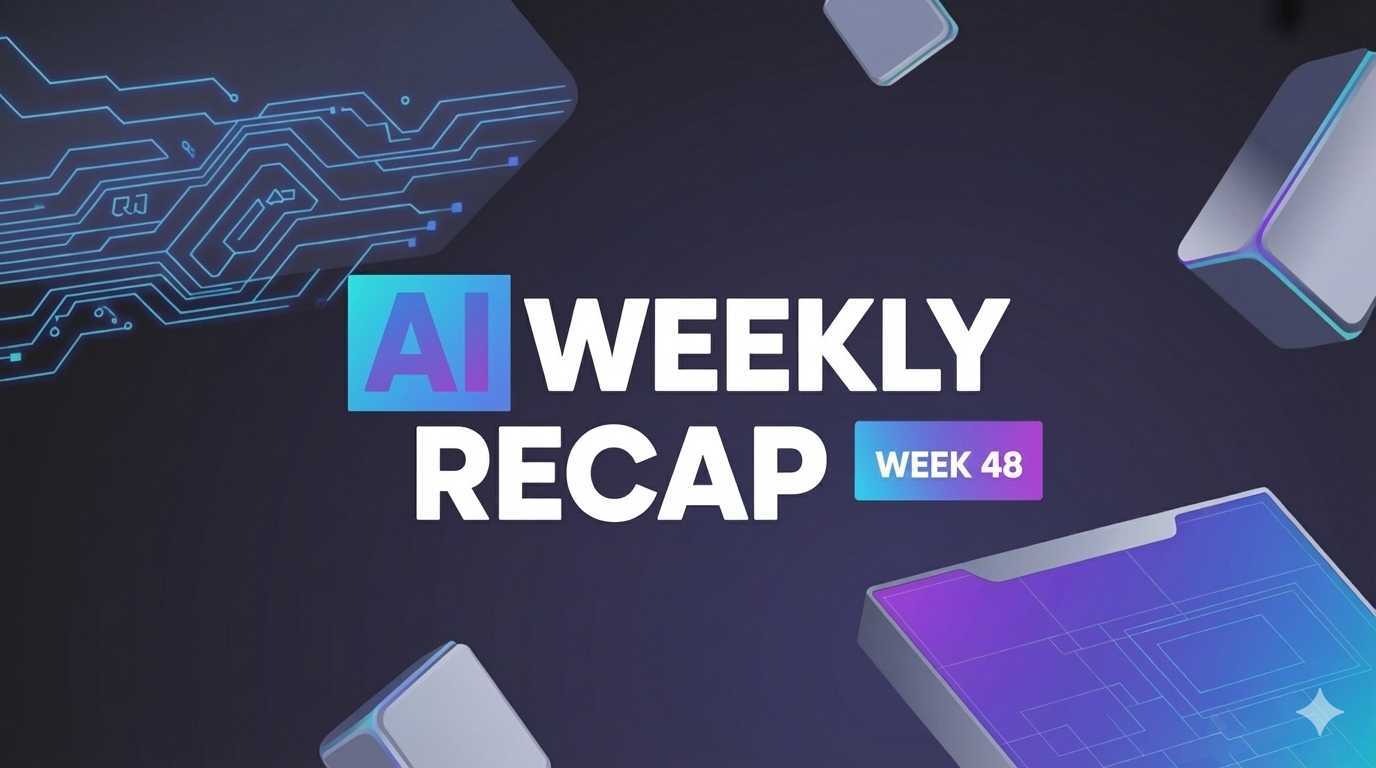OpenAI GPT-OSS Models: Complete Guide to 120B & 20B Open-Weight AI Models (2025)
OpenAI just released GPT-OSS-120B and GPT-OSS-20B — their first open-weight models since GPT-2. Licensed under Apache 2.0, these models bring frontier reasoning performance, tool-calling, and chain-of-thought capabilities to the open-source community.
This guide explains what GPT-OSS offers, how it compares to proprietary models, system requirements, deployment options, and practical implications for developers building agents, local inference systems, and production AI services.
What is GPT-OSS?
GPT-OSS is OpenAI’s open-weight family that targets high-quality reasoning and agentic workflows.
Highlights:
Two models:
gpt-oss-120bandgpt-oss-20bApache 2.0 license (commercial use, modification, redistribution)
Mixture-of-Experts (MoE) design with active params per token (5.1B for 120B, 3.6B for 20B)
Context length up to 128k tokens with dense & sparse attention
Built-in structured outputs (JSON/YAML), tool use, and native chain-of-thought (CoT)
Configurable reasoning modes (low / medium / high)
These models match or exceed OpenAI’s own smaller proprietary models on many benchmarks (TauBench, AIME, HealthBench, MMLU).
GPT-OSS vs GPT-4: Quick Comparison
GPT-OSS-120B — near-parity with
o4-minion many evalsGPT-OSS-20B — competitive with
o3-mini
Key advantage: Apache 2.0 licensing enables full commercial use without vendor lock-in.
Why This Matters for Developers & Teams
GPT-OSS is designed with agentic systems in mind:
First-class tool use: function calling, Python execution, and external tools
Structured outputs out-of-the-box: JSON, YAML, CSV
Native CoT reasoning: no brittle prompt hacks
Composable: works with LangChain, LangGraph, Autogen, or custom stacks
Local inference ready: run on-device (20B) or on-prem (120B)
SDK compatibility: supports OpenAI SDK and Agent SDKs
Use cases: private agents, regulated deployments, local inference for privacy, and cost-effective prototyping.
Safety & Alignment (Open)
OpenAI applied rigorous safety methods to GPT-OSS:
Deliberative alignment and instruction hierarchies
Internal and external Preparedness Framework testing
Worst-case fine-tuning assessments (bio/cyber misuse scenarios)
$500k Red Teaming Challenge to surface vulnerabilities
Read the model card and safety paper for full details before production use.
Where You Can Run GPT-OSS
OpenAI partnered with several runtimes and platforms:
vLLM, Ollama, llama.cpp, Hugging Face, AWS, Azure, Fireworks
Community runtimes: LM Studio, Cloudflare Workers AI, Ollama
Local setups: ONNX, PyTorch, Apple Metal
This broad support lets you choose trade-offs between latency, cost, and deployment complexity.
System Requirements
GPT-OSS-20B (recommended for most users)
RAM: 16GB min (32GB recommended)
GPU: optional (CPU inference supported)
Storage: ~40GB
Use case: local development, lightweight agents, edge inference
GPT-OSS-120B (production/high-performance)
GPU: 1x 80GB (A100/H100) or 2x 40GB
RAM: 64GB+
Storage: ~240GB
Use case: production agents, high-throughput inference
How to Download & Run (Options)
Option 1 — Hugging Face
git clone https://huggingface.co/openai/gpt-oss-20b
cd gpt-oss-20b
pip install transformers accelerate
Option 2 — Ollama (easiest)
ollama pull gpt-oss:20b
ollama run gpt-oss:20b
Option 3 — vLLM (production)
pip install vllm
python -m vllm.entrypoints.openai.api_server --model openai/gpt-oss-20b
Each option targets different needs: quick local testing (Ollama), production throughput (vLLM), or flexible research (Hugging Face).
License & Legal Implications
Apache 2.0 grants:
Full commercial use
Modification & derivative works
Redistribution (subject to license terms)
No royalty or proprietary lock-in
This makes GPT-OSS suitable for startups, enterprises, and research teams that require legal clarity and on-prem control.
Getting Started Resources
Try it online: gpt-oss.com
Download weights: Hugging Face (OpenAI models page)
Guides & cookbooks: OpenAI Cookbook
Community: OpenAI Discord & GitHub
Model cards: full specs and benchmarks
Final Thoughts
GPT-OSS is a pivotal release for the open-weight movement. OpenAI provides practical, high-performing models that remove barriers for developers who need local inference, privacy, and low-cost experimentation.
Whether you're prototyping agents, deploying private assistants, or contributing to alignment research, GPT-OSS gives you a powerful, flexible toolset backed by an industry-leading team.
Start exploring today and consider adding GPT-OSS to your stack for production-grade, open-source LLM capabilities.
Resources and Community
Join our community of 12,000+ AI enthusiasts and learn to build powerful AI applications! Whether you're a beginner or an experienced developer, this tutorial will help you understand and implement AI agents in your projects.
Website: www.buildfastwithai.com
LinkedIn: linkedin.com/company/build-fast-with-ai
Instagram: instagram.com/buildfastwithai
Twitter (X): x.com/BuildFastWithAI
Telegram: t.me/BuildFastWithAI




